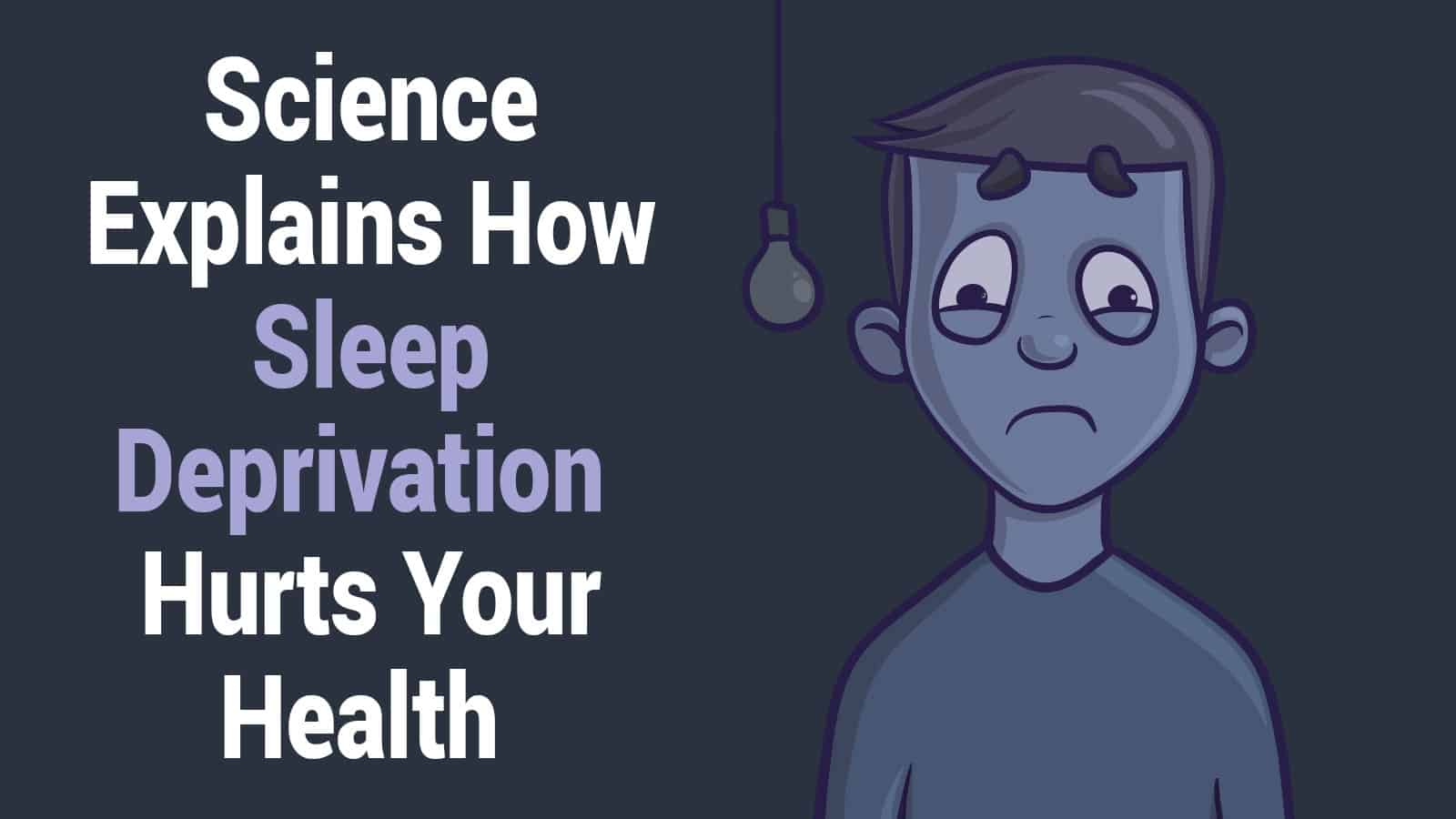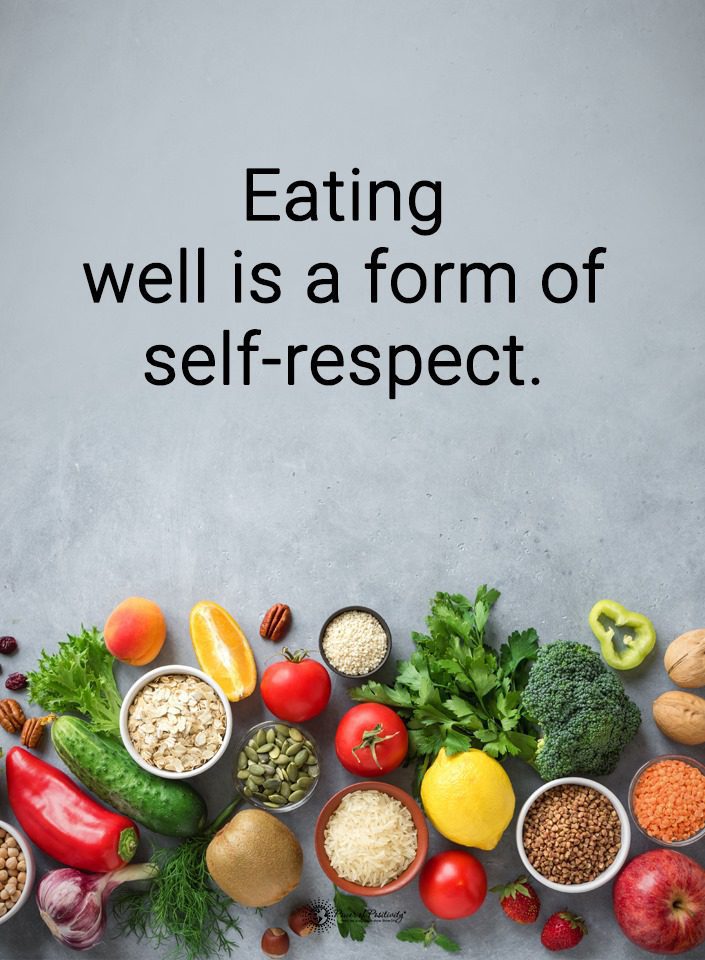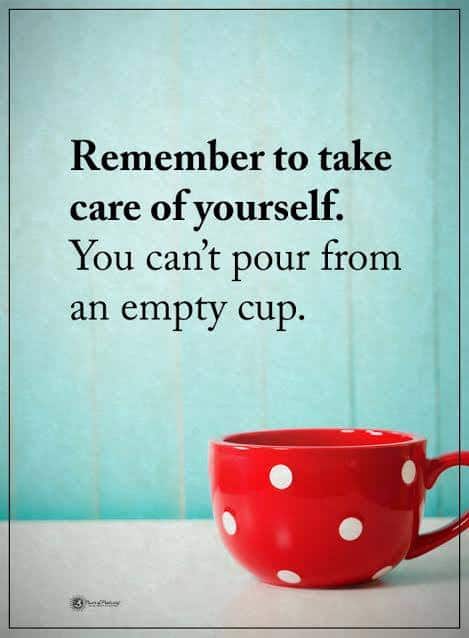Are you tired all the time?
“Fatigue can be described as the lack of energy and motivation (both physical and mental). This is different from drowsiness, a term that describes the need to sleep…Fatigue is a very common complaint and it is important to remember that it is a symptom and not a disease.” – MedicineNet
Fatigue happens to us all, but especially as we age. Hitting middle age years (the mid-30s to late 50s), in particular, is when most people complain of feeling “worn down, “burnt out,” “overworked,” etc. Many of these folks are dealing with increased bouts of fatigue. The good news is that we can counteract this dreaded, tired feeling. All that’s needed is a bit of knowledge and willpower – and maybe a cup of coffee.
Here are 7 things to do if you’re tired all the time
1. Get a checkup if you are tired often.
Do you get an annual checkup – a thorough wellness examination – on a regular basis? Health exams and tests can detect problems before they start. In the event a problem exists, the physician can prescribe a treatment regimen.
Fatigue can be a symptom of an underlying medical condition. A physical exam is necessary to determine this.
Duke Health – a medical institute of Duke University – recommends the following for each age group:
– Under 30: a check-up every two to three years. Sexually active women, at the age of 21, should schedule a Pap smear.
– Age 30-40: a physical every other year. Baseline mammograms are recommended for women beginning at age 40.
– Age 50 and over: a yearly physical. Men and women should schedule a colonoscopy at 50 and – in most cases – reschedule every 10 years.
2. Get your body in motion.
Exercise is often the last thing on someone’s mind who’s feeling fatigued. However, numerous studies have concluded that routine exercise is effective at boosting energy levels.
Kerry J. Steward, a professor of medicine and director of clinical and research exercise physiology at John Hopkins University School of Medicine, states:
“Exercise has consistently been linked to improved vigor and overall quality of life. People who become active have a greater sense of self-confidence. But exercise also improves the working efficiency of your heart, lungs, and muscles…(it’s) the equivalent of improving the fuel efficiency of a car. It gives you more energy for any kind of activity.”
3. Hydrate, hydrate, hydrate
Dehydration is when the body expels more fluids than it consumes; it is a mentally and physically taxing condition. Sweating, urinating, and even breathing causes the loss of water.
Frequently drinking water throughout the day will mitigate feelings of fatigue, as well as increase our alertness and concentration. Try to get at least 7 to 9, 8-ounce servings of water per day.
4. Have a regular sleep regimen
Inadequate and irregular sleeping patterns probably contribute to fatigue. They might also increase the risk of accidents and injury.
Experts recommend going to bed early enough to ensure a good night’s sleep. Healthy adults should aim for between seven and nine hours of sleep per night. Napping for 10 to 30 minutes during the mid-day is also a terrific habit for keeping fatigue at bay.
Also, try getting into the habit of going to bed and waking up at the same time every day.
5. Get some Omega-3
Omega-3 fish oil, besides being good for heart health, may increase alertness and combat fatigue. There are plenty of ways to get Omega-3s: fatty fish (e.g. halibut, herring, mackerel, salmon, sardines, tuna), flaxseeds, and nuts.
The American Heart Association (AHA) recommends you consume two portions of fish (of approximately four ounces each) weekly for a heart-friendly diet. Around 4-5 ounces of Atlantic salmon can supply 3 grams of omega-3 fatty acids. While fish oil supplements generally offer around 300 milligrams in each capsule, the amounts can differ.
6. Eat regularly; poor nutrition can make you tired
The notion that eating 5 to 6 small meals throughout the day instead of three larger meals has been a topic of contention among the health community. Certain demographics, such as bodybuilders and athletes, often adhere to the five or six-meal regime. Most of us stick with the traditional 3-meal schedule.
Regardless of your preference, warding off fatigue requires adequate levels of vitamins, minerals, and nutrients in the body throughout the day.
Eating wholesome foods like whole grains and complex carbs can help regulate blood sugar levels. It’s a good idea to have some snacks handy in case feelings of fatigue begin to surface.
7. Know your body clock
Understanding our circadian rhythm, the body’s 24-hour “physiological clock,” can positively impact our energy levels. Indeed, some people love mornings and get that “extra boost” to get things done. However, some folks are “night owls” and are most productive during the evening.
You probably know which of the two groups you fall into. Use this knowledge to your advantage by scheduling demanding tasks accordingly, preventing fatigue from setting in at the wrong time.













